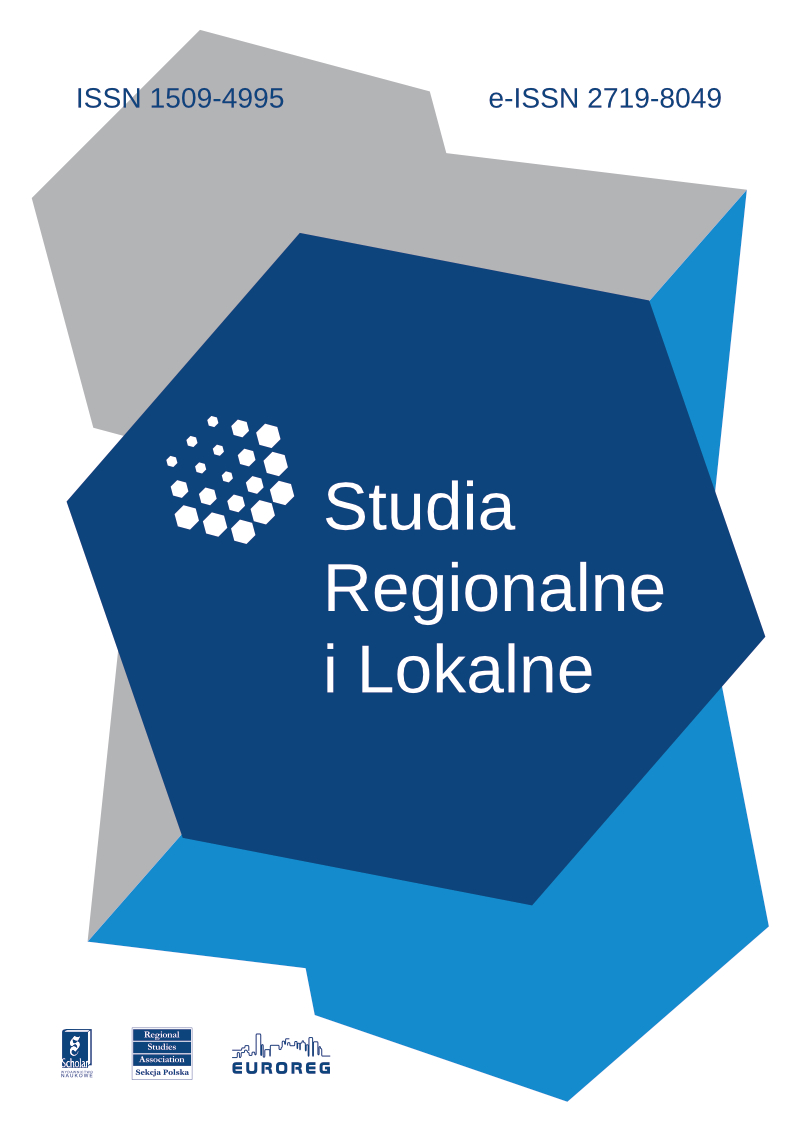Polityczne i gospodarcze następstwa zaboru pruskiego
Po rozbiorze Polski w 1795 r. zachodnie tereny kraju – głównie Wielkopolska – stały się częścią państwa pruskiego. Polska i Prusy należały do wschodnioeuropejskiego kompleksu gospodarczego, ale Prusy były nieco lepiej rozwinięte gospodarczo i lepiej zorganizowane. W XIX w. pruskie elity były nastawione romantycznie i prowadziły politykę bastionu zorientowaną na obronę Niemczyzny przed naporem Słowian. Pruskie państwo odgrywało wiodącą rolę w gospodarce i podporządkowało ją celom militarnym. Przykład państwa pruskiego był szczególnie popularny wśród polskich elit na początku XX w. Na podstawie pruskich wzorów Polacy uczyli się, że głównym aktorem nie jest jednostka, ale państwo. Przypadek państwa pruskiego był po 1918 r. źródłem inspiracji dla ideologii narodowej. Badania nad polskimi gminami dowodzą, że wpływ zaboru pruskiego na współczesny rozwój Polski był raczej szkodliwy niż wspierający.
Economic and Political Consequences of Prussian Partition of Poland
After partitions of Poland in 1795 its west territory (Wielkopolska) became a part of Prussia. Poland and Prussia were parts of east European complex of economy, but Prussia was more developed and better organized than Poland. During the XIX century Prussian elites were romantically oriented and dealt with bastion policy which was oriented towards defending the Germans against the Slavs. Prussian state played main role in economy and subordinated it to the military oriented goals. Prussian case was extremely popular among Polish elites at the beginning of XX century. At the base of Prussian patterns the Poles learnt that main actor in economy is not individual unit but the state, and Prussian case was the source of inspiration for strong nationally oriented ideology in Poland after 1918. Research on Polish communes proved that impact of Prussia on contemporary development in Poland was rather damaging than uncourageous.



